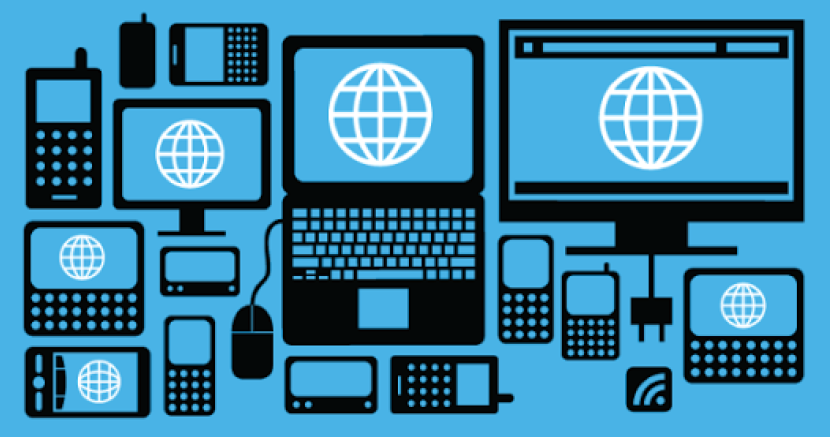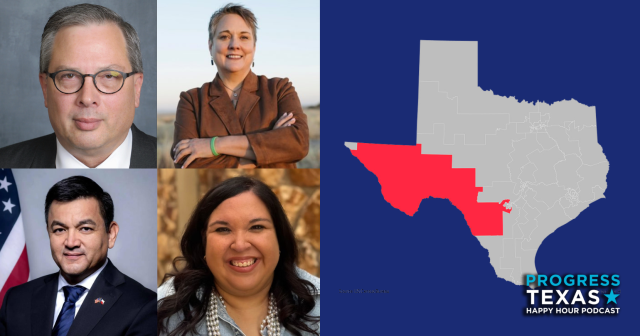The debate over Net Neutrality has attracted more attention recently since President Obama came out in support of it, and then doubled its attention when Texas Senator Ted Cruz came out against it. But many are still left wondering, what is Net Neutrality, and who does it affect?
Net Neutrality allows anyone who accesses the internet fair and equal privilege to the same information, and under this concept no one— neither government, specifically the Federal Communications Commission (FCC) or ISPs— can permit special privileges to anyone over another. Simply speaking, Net Neutrality— the concept that Internet Service Providers (ISPs) like Verizon, Comcast, or AT&T, as well as the U.S. Government must treat all data on the internet equally— can be equated to the first amendment for the internet.
The problem we’re currently facing is easy to understand if you break it up into pieces. Under current regulation (or lack thereof), most consumers have two options, at most, when it comes to choosing an internet service. And when the internet users in a geographic region are limited to one or two service providers it creates a lag in download speed, which slows down service for anyone on the network.
To alleviate the issue, ISPs have offered a solution: treat the internet like a highway, and create a fast lane. Under this solution consumers AND telecommunications companies would be able to pay an extra fee to receive faster service.
Sounds reasonable, right? Wrong.
Without net neutrality, a not-so-great situation turns into a nightmare. If ISPs are able to manipulate our Internet experience by speeding up some services and slowing down others it will effectively kill choice, diversity, and access for anyone unable to pay top dollar. Consumers could end up paying even more to stream music, watch movies, and their beloved cat videos.
Without Net Neutrality, new businesses could be hurt. If ISPs can speed up favored services and slow others, new businesses will no longer be able to rely on a level playing field in which to meet their consumers. Moreover, it will give bigger corporations a financial stake that would allow them to intimidate potential competition— a tactic we’ve already seen with Comcast’s shakedown of Netflix last year.
Without Net Neutrality, ISPs could change the face of online communications. By charging users more for access and services, ISPs could limit some online communications as well as censor whatever content deemed necessary.
The real problem:
ISPs have created a divisive system in which they’re able to get around being labeled as monopolies. By dividing up territory amongst providers, consumers lose any real option when it comes to seeking internet service. This allows the ISP in their area to influence the speed of service and in turn influence demand for better services. The problem isn’t and never has been about quality of service but rather quantity of providers, and as long as the options are limited, ISPs have the power to cultivate demand from consumers to support their schemes.
If the importance of Net Neutrality still sounds complicated, watch John Oliver’s rant that broke the FCC’s website:
DONATE
Your donation supports our media and helps us keep it free of ads and paywalls.









